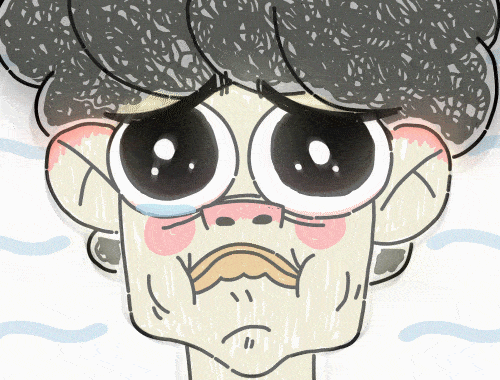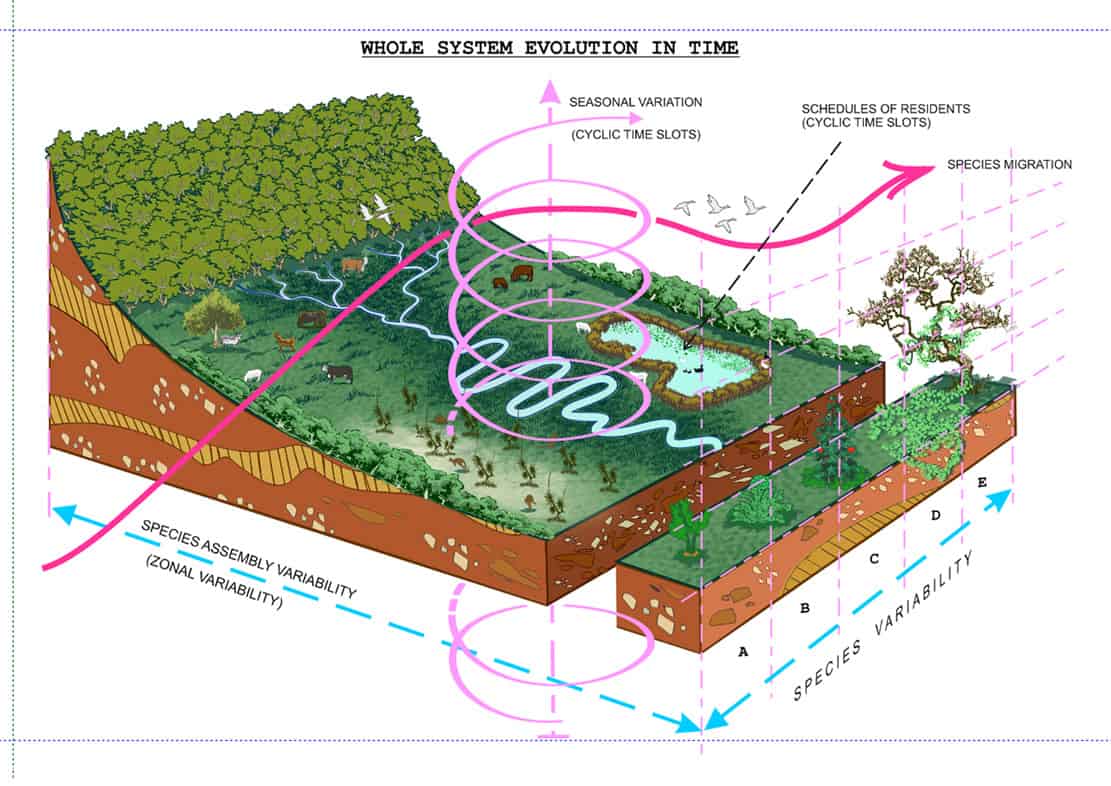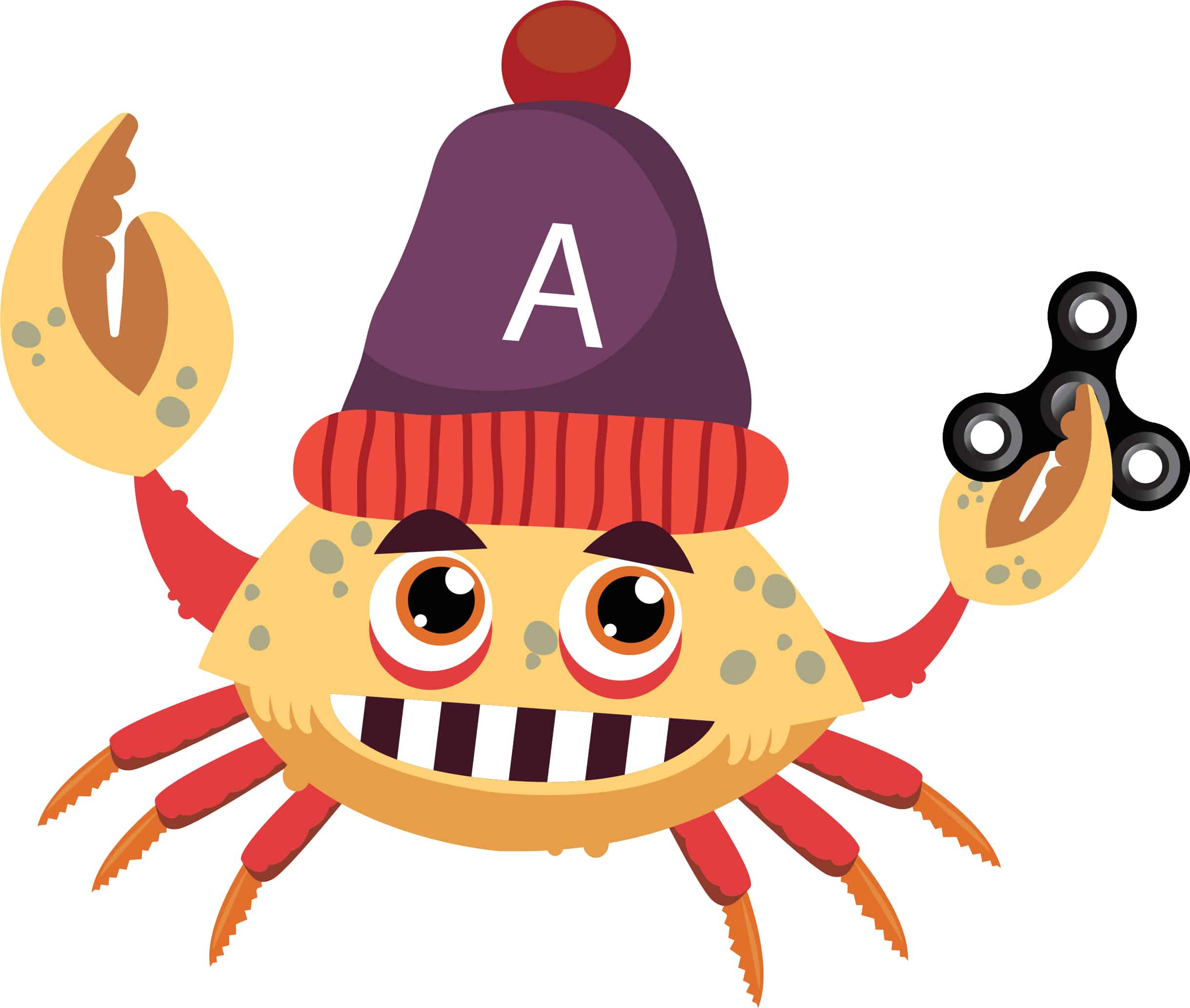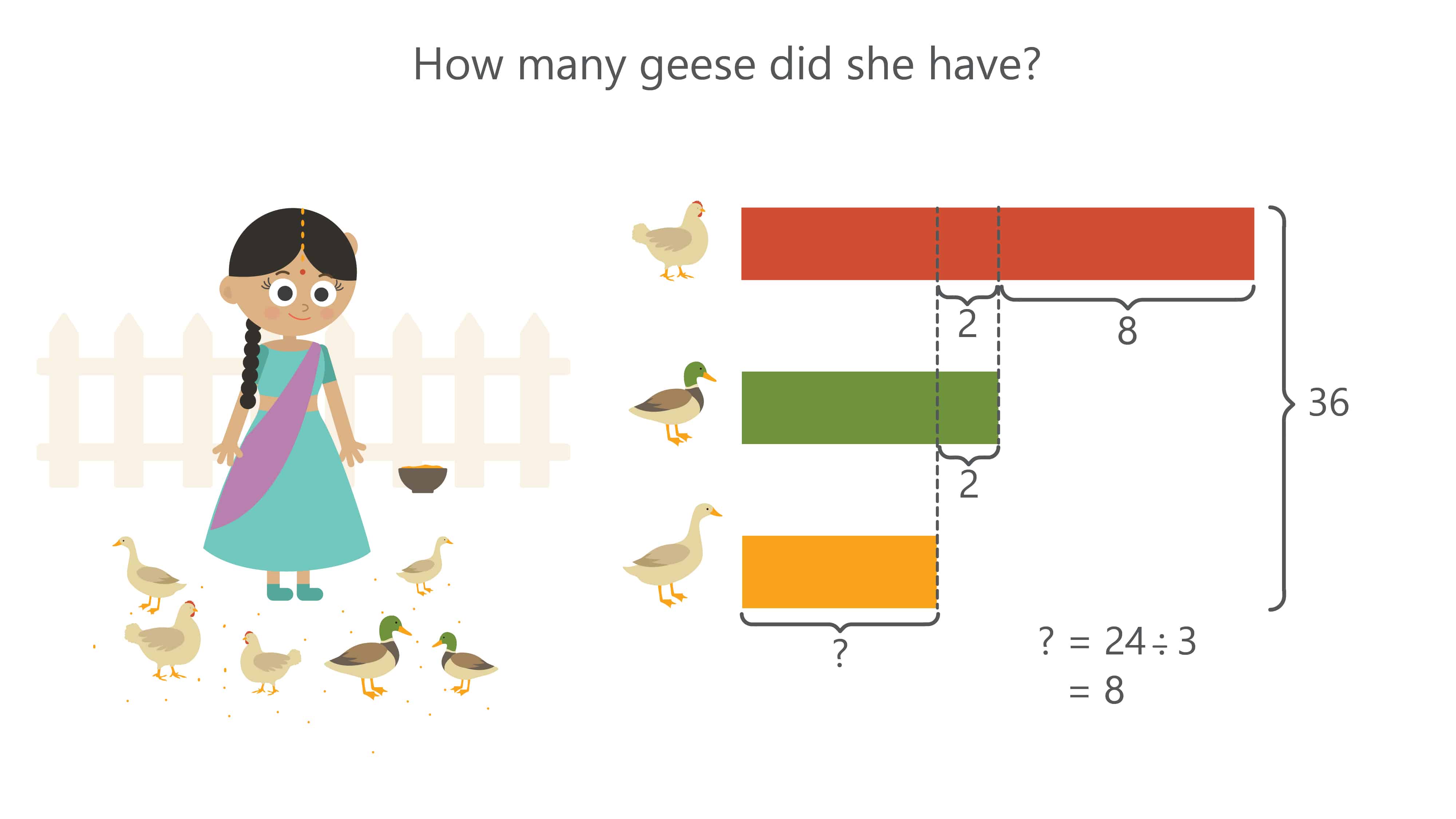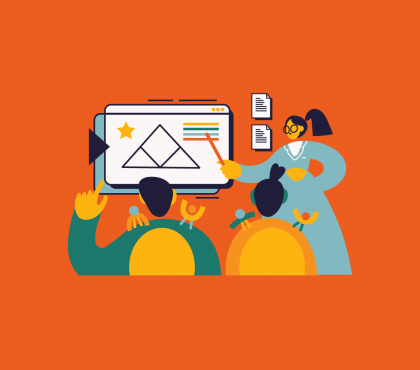As animation production videos for education, we strongly believe in the importance of visual aids in teaching and learning. But this is not a simple gut belief, we have facts, figures, and experiences to fully back it up. Therefore, in this article, we would like to explain why visuals are such an impactful means in learning!
Why Do We Love Visual Information So Much?
Evolutionists have suggested that it is not coincidental that humans have such good vision. We were given this super-perceiving ability through millions of years of navigating the world as hunters and gatherers. This ability was to ensure that we stayed alive back in the good old days when we were still living in the wild. However, even now, while we are no longer living in the same way, we still possess this super good vision. And with it, comes the superb ability to process visual information.
Perhaps you’re not convinced yet. Well then, why don’t we go through some real-life-current-daily examples of how often we are surrounded by visual information?
We just use it a lot
We use our visual abilities way too often and too skillfully to even notice its importance. Have you ever realized how good you are at spotting your wanted items in a huge supermarket? Or how you can immediately see your friend in the sea of millions of people?
Moreover, we enjoy training our vision as well. Applications of these are so clearly seen in games like ‘Spot the difference’ or ‘Guess the item’ or doing 1000-piece puzzles.
Or simply finding Waldo.

The role of vision in our life is truly unique and powerful.
However, we are not just passive visual searchers, we use and learn an awful lot from them too! Did you know that 80% of the information the brain processes is visual information? You really can’t blame the brain for having such a liking for visual information. Just look at how colorful detailed and dynamic the world is around you! The constant movement around intrigued us to continue analyzing our environment.
Specifically, the more dynamic a visual piece is, the more engaging we become with it. On the other hand, static, repetitive information can sometimes lead to boredom, (even when you don’t want to!).
An interpretation of this could be that our ancestors did not feel the need to analyze routine information as it had already signaled safety. However, it is likely that this information in the modern-day moves from safe to boring.
Why Are Visuals Important for Students
1. Visual is a powerful source of information
This is not just hearsay, there are particular features in the information that visuals are just far better in delivering. For example:
Viewing as a whole
The phrase ‘A picture worth a thousand words’ is strange to nobody. Indeed, we use visual abilities so effectively that we even have a saying to prove it. It is simply because it is easy to deliver many types of concepts through pictures. Let’s see an example right here:
Seeing the full picture like this allows us to have a complete and instant overall understanding of the concepts. At times, it is an efficient tool for us to see an immediate solution to a problem.
One perfect example could be this Einstein’s riddles.
In short, visual information or visualization of complex or abstract concepts can significantly aid understanding through seeing the big picture.
2. It helps students remember better
Have you ever accidentally remembered a piece of information along with a particular picture? And then every time afterward when the picture comes up, it reminds you of the information and vice versa? Well, then you just experienced the power of visual information in facilitating remembering.
Most of the images that we retained for a long time hold a special meaning to us. Therefore, in pairing new information with creative or emotionally charged visualization, we have helped add a layer of meaning to that information. Thus, visual becomes an effective way to send off important messages into our long-term memory.
For example, researchers have suggested that associating a piece of information with a whacky or funny image enhance remembering even more.
Now that we understand what visual means to a human being: what can this potentially tell us about how visual can affect education in young learners?
Implications of Visual Aids in the Classroom
1. Visual is a powerful tool for learning
Are genuinely more interesting:
We use a lot of visuals to function properly in the world. Therefore, using visual aids for learning, especially videos (as they add a little special something called a movement), never fails to attract the attention of primary school students.
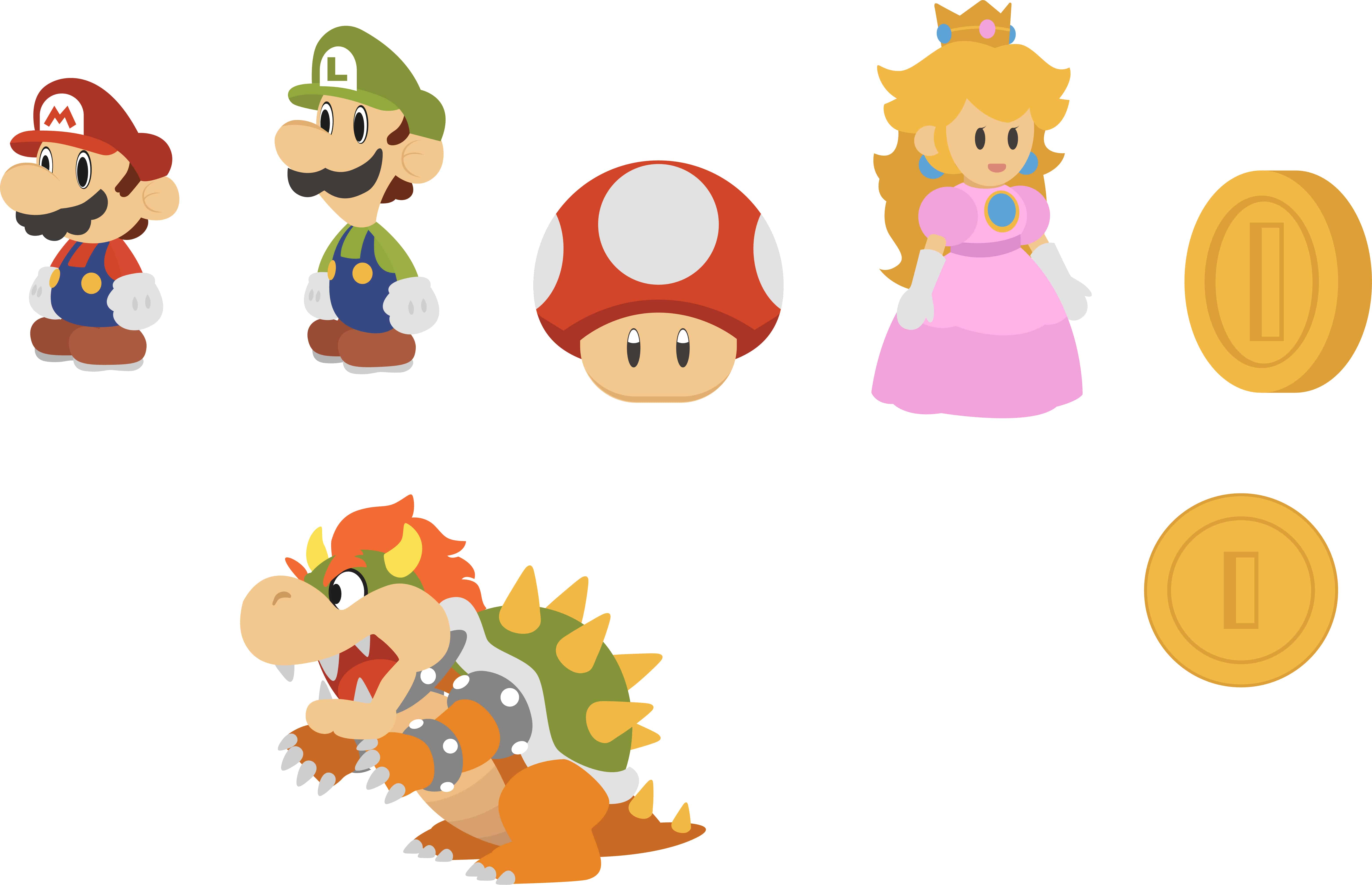
And what is better in effective learning than a genuine interest in the subjects? As a result, this naturally engages students in their study and nurtures their learning drive.
In fact, a study has shown that students notice and appreciate the little extra visual effects used in the classroom. Particularly, with visual aids, students even reported developing a personal understanding of the lesson.
Helps with a better understanding of the subject:
A student is unexpectedly also a human being. Therefore, visual information also aids their understanding and remembering of a topic. As suggested above, it is through visualization that topics, especially abstract ones are explained in a concrete, big picture.
The idea of having clear simple pictures as lessons is particularly important for primary students. This is because they have yet to grasp the complexity of abstract and complex reasoning. Additionally, simple yet intriguing visual aids will be effective stimulators for our young learners to use their cognitive abilities. These abilities can include creativity, imagination critical thinking, and so on… With that said, this is only one of many powers of visual in the classroom.

Flexible and can be combined with other methods:
The beauty of visual aids lies not only in its efficiency but also in its versatility. In other words, a visual presentation can be used effectively with many other means such as auditory, verbal or kinetic. In fact, there is rarely any class being taught entirely with pictures and images only. Text and sound are definitely useful in making meaning of a particular visual.
Fun fact: teaching videos are incredibly useful in this sense. Videos can be as informative as they are fun because they make use of many of our senses. Take this video as an example
And just as we suggested before when we discussed children’s many learning styles: the more styles used, the merrier.
2. Visual aids help and challenge educators in the classroom
As effective as visual aids for students, they can also have important implications for educators as well.
Allow evaluating and organizing the content
In creating the right and effective visual aid, there is a clear need to effectively organize the teaching script. An educator cannot possibly try to draw up every single piece of written information.
To transform knowledge into effective visuals, the ‘translator’ needs to understand the topic well, thus, being able to capture its main points. It is these main points that when translated into visuals can have the most important effects.

Present a mini fun and creative challenge
For teachers or educators who are already passionate about art or design, creating a visual aid can be a challenging yet very rewarding task. Creating and designing a visual aid for a lesson helps teacher rehearse the lesson while adding their personal touches to a preplanned curriculum.
Build a bridge to your students
The biggest reward in choosing visual aids for teaching, above all, is seeing the engagement of the students during a lesson. To use the right visual aid in delivering a lesson, educators have to understand the topic and their own students very well. It is through this understanding that they find the right tool that can capture students’ interest and bridge the lesson to them.
Conclusion
Now that you have reached the end of this article, we hope you have realized the importance of visual aids in teaching and learning. This could be the first step into your experiment with visual aids in the classroom perhaps? Either way, visuals are a very powerful and undeniable means of learning. A clear understanding and practical application of it in education can boost learning significantly!

Sean Bui, the founder and creative director of F.Learning Studio, is a respected leader in the e-learning and multimedia production industry. With over 10 years of experience, he has dedicated his career to helping organizations create engaging and impactful learning experiences.
Under his leadership, F.Learning Studio has grown into a trusted partner for organizations in the education, healthcare, and corporate training sectors, producing over 2,000 minutes of educational animation.


